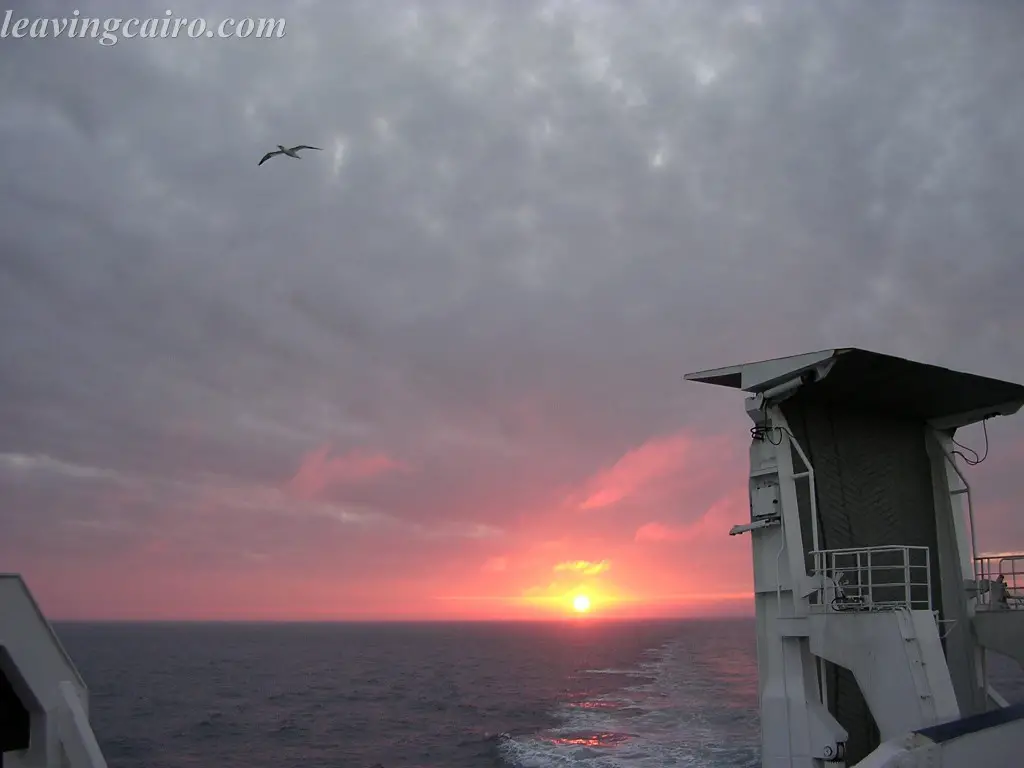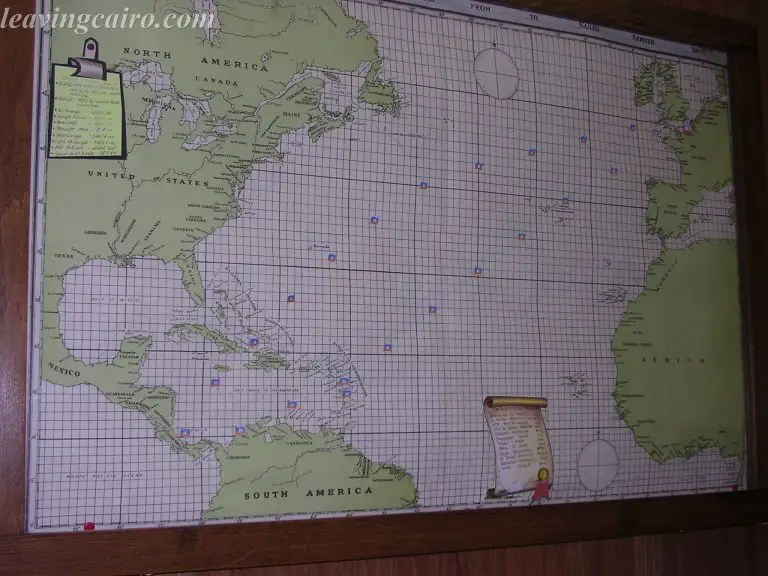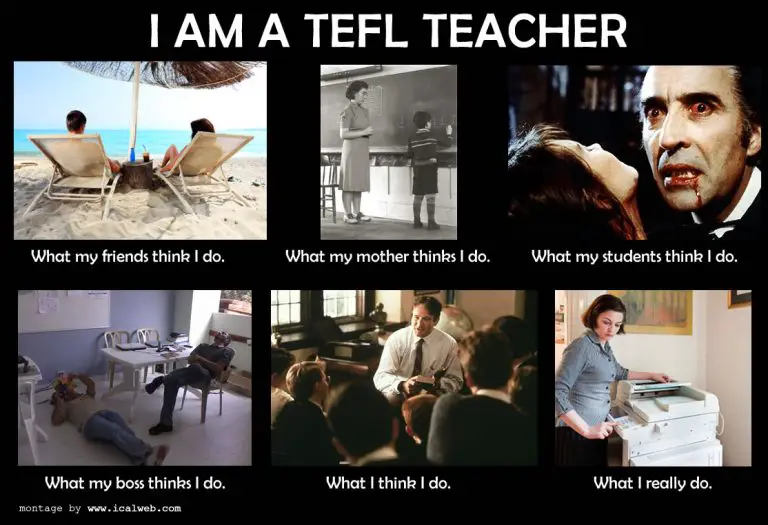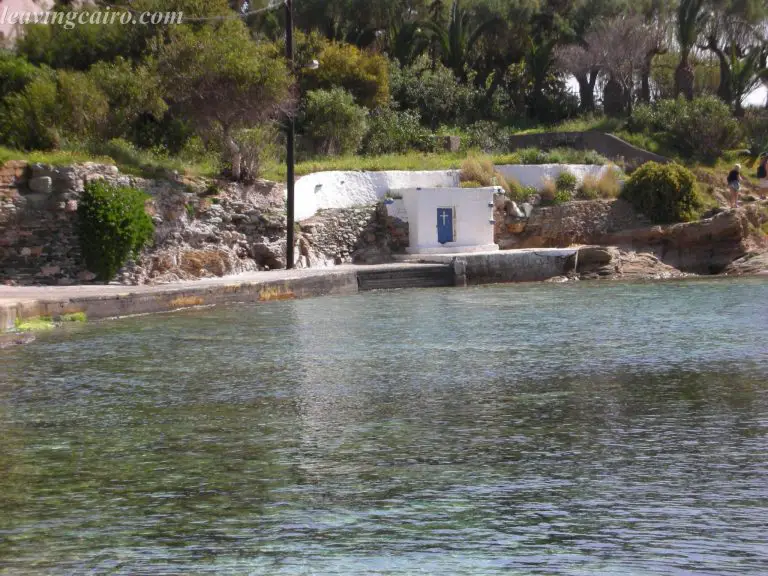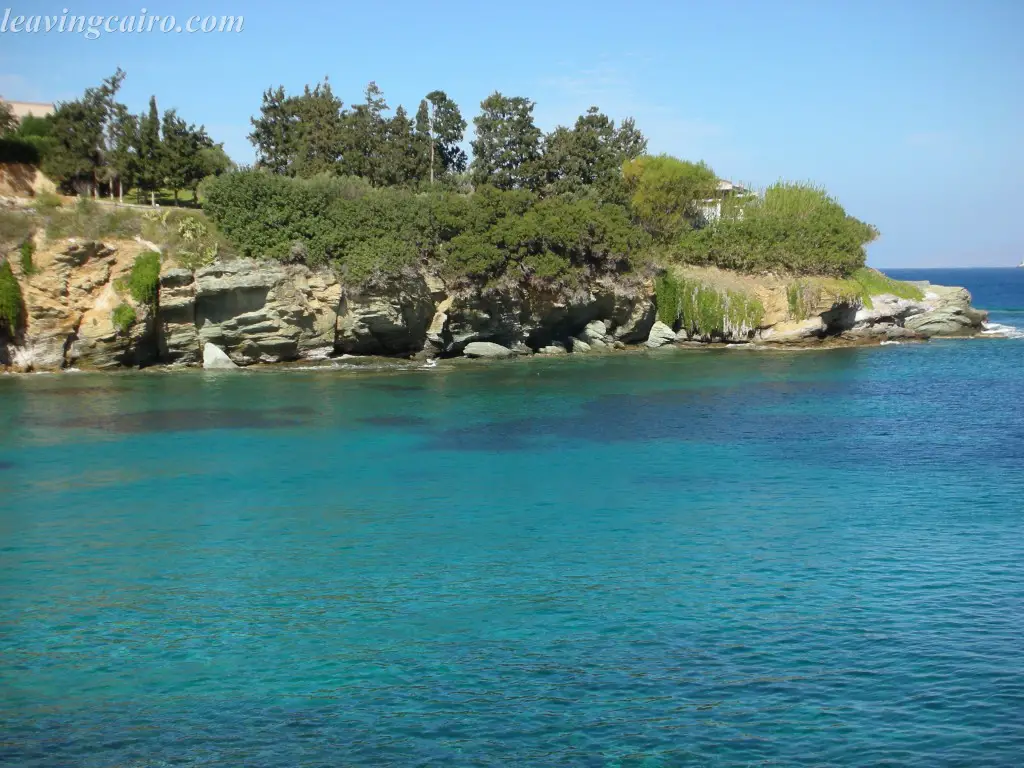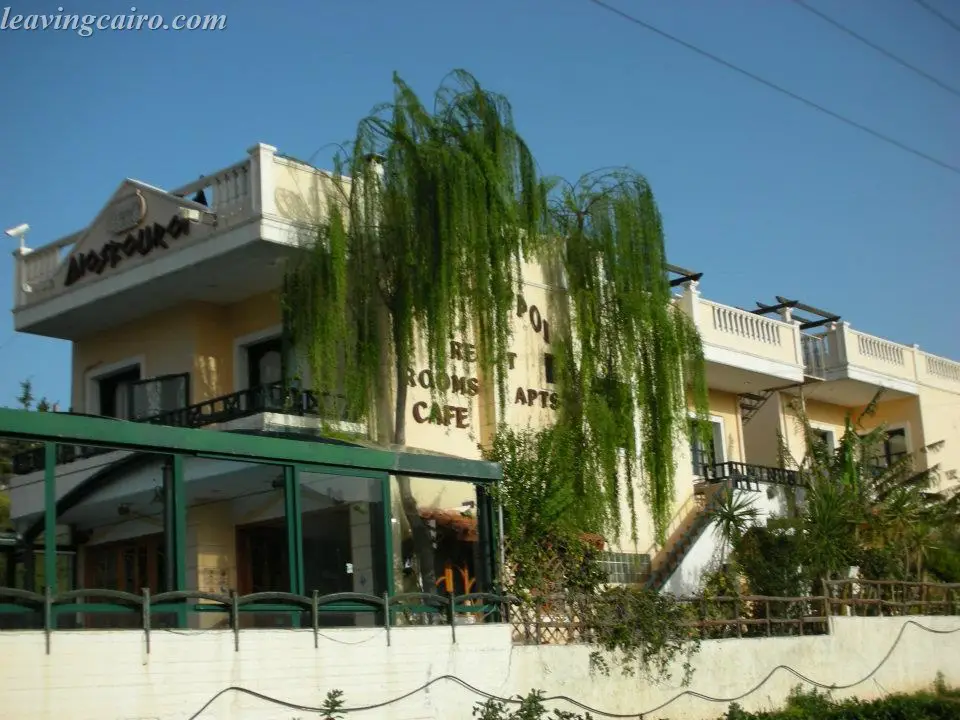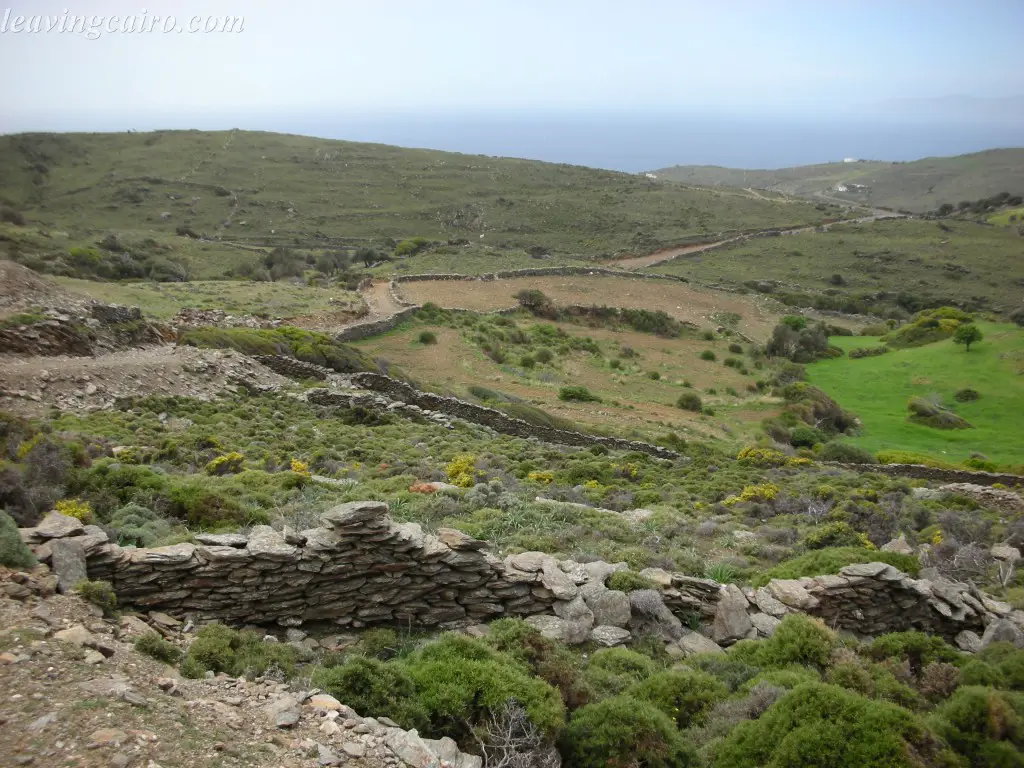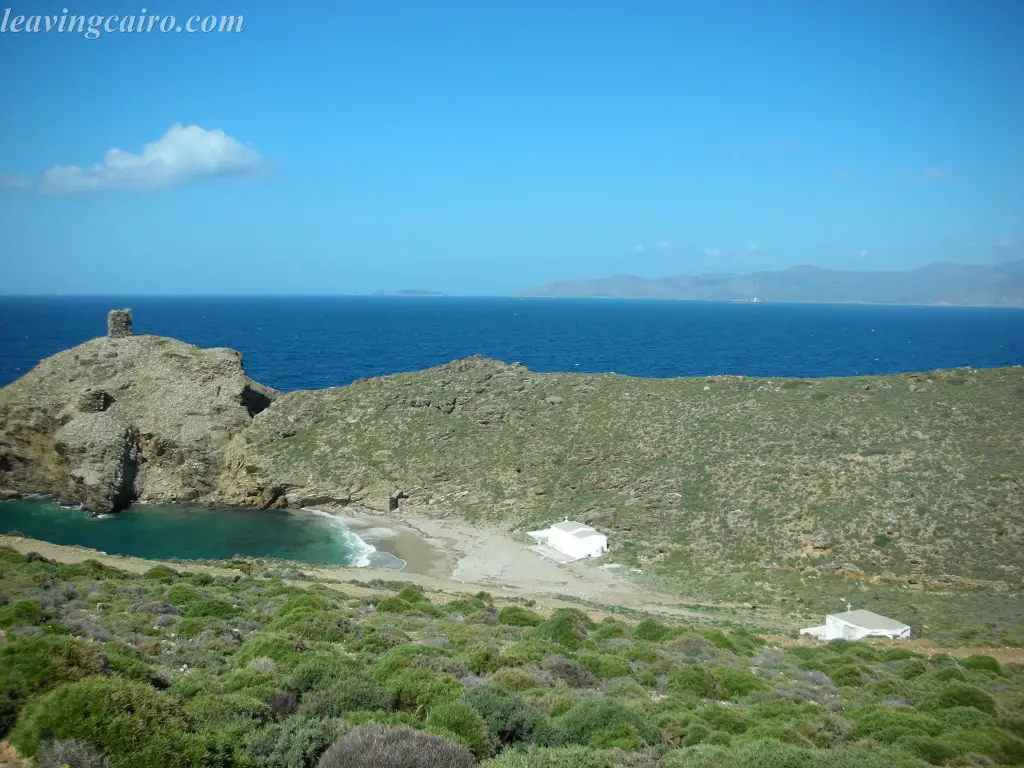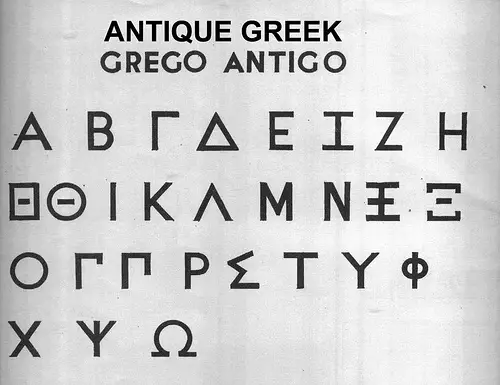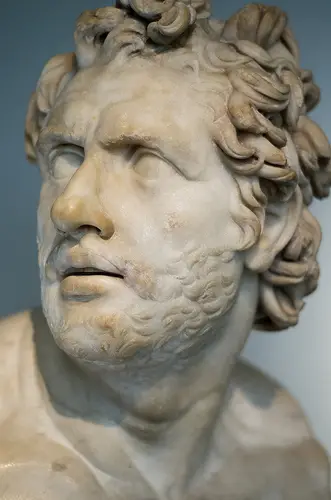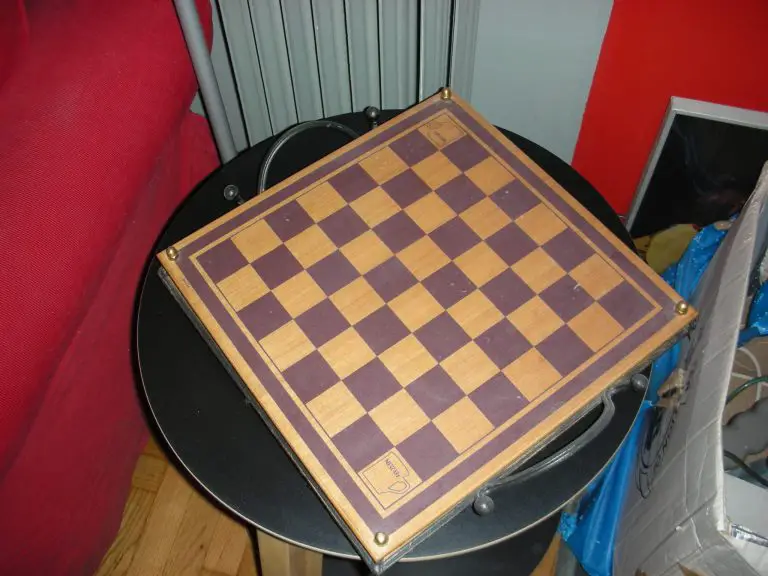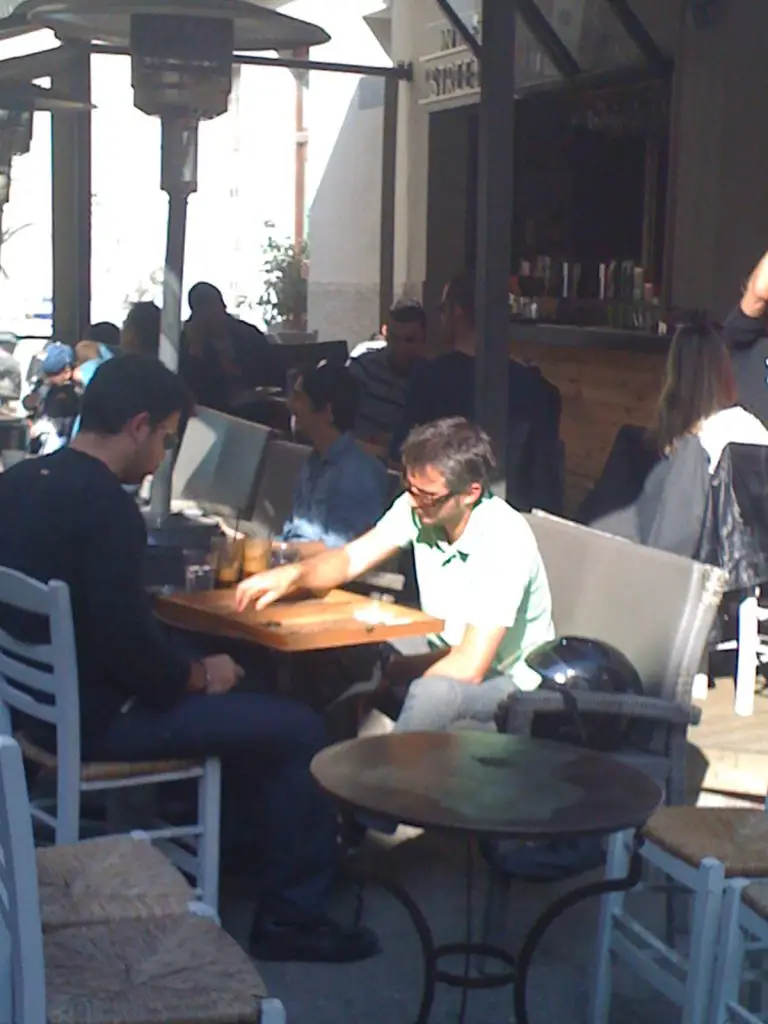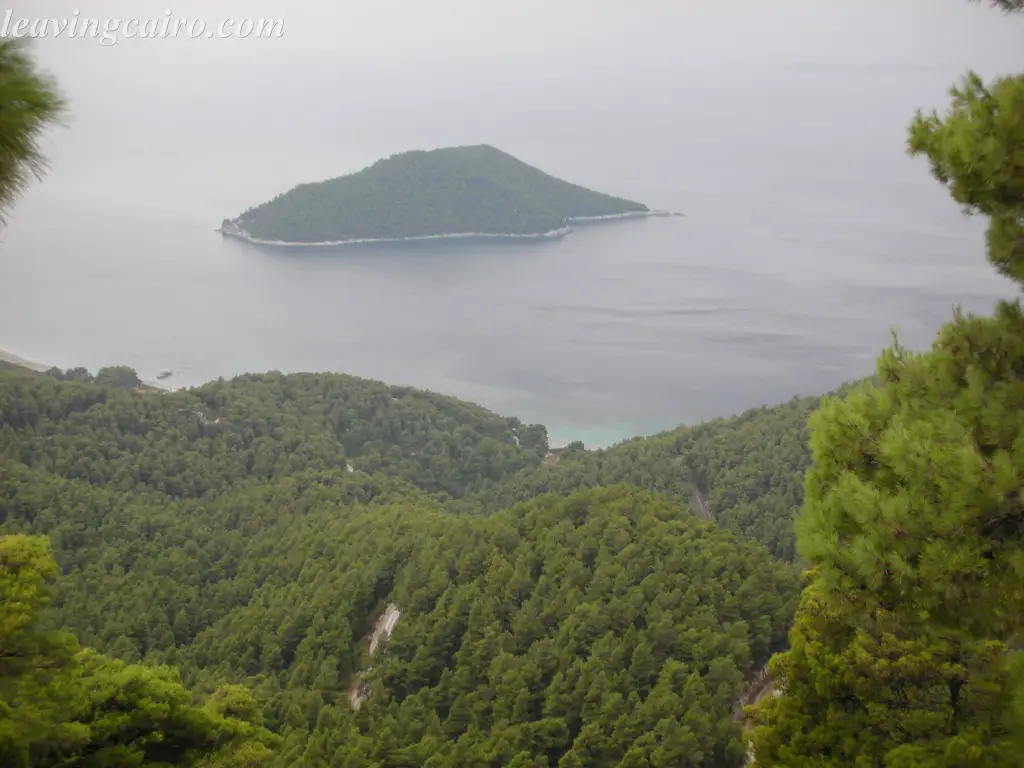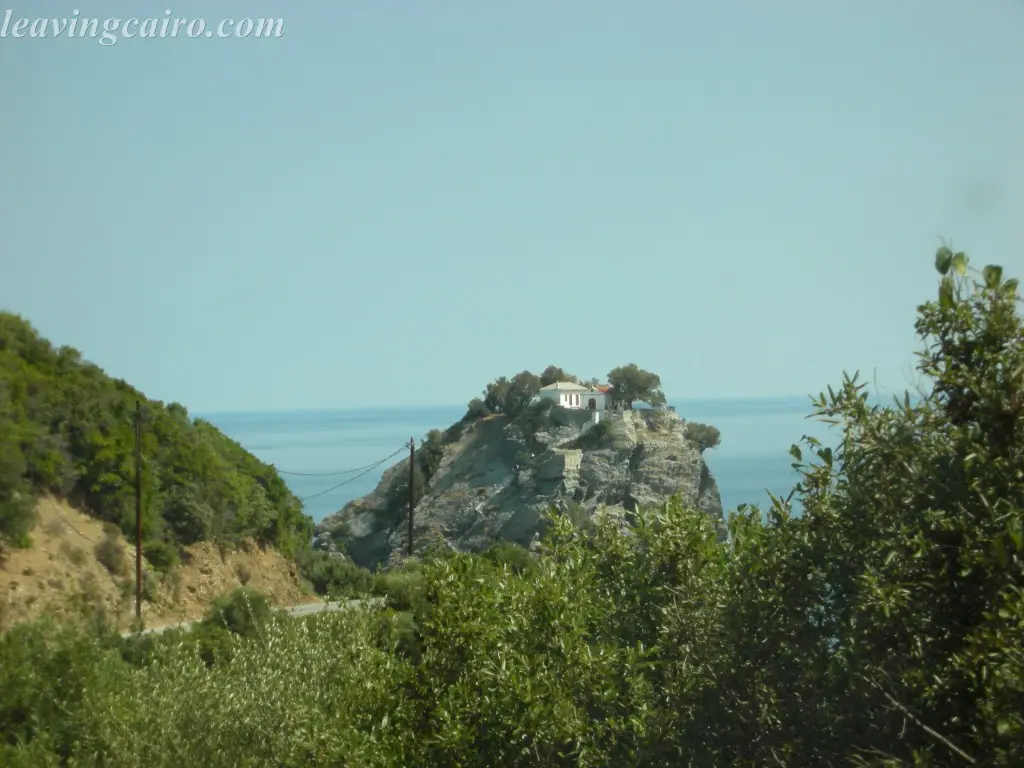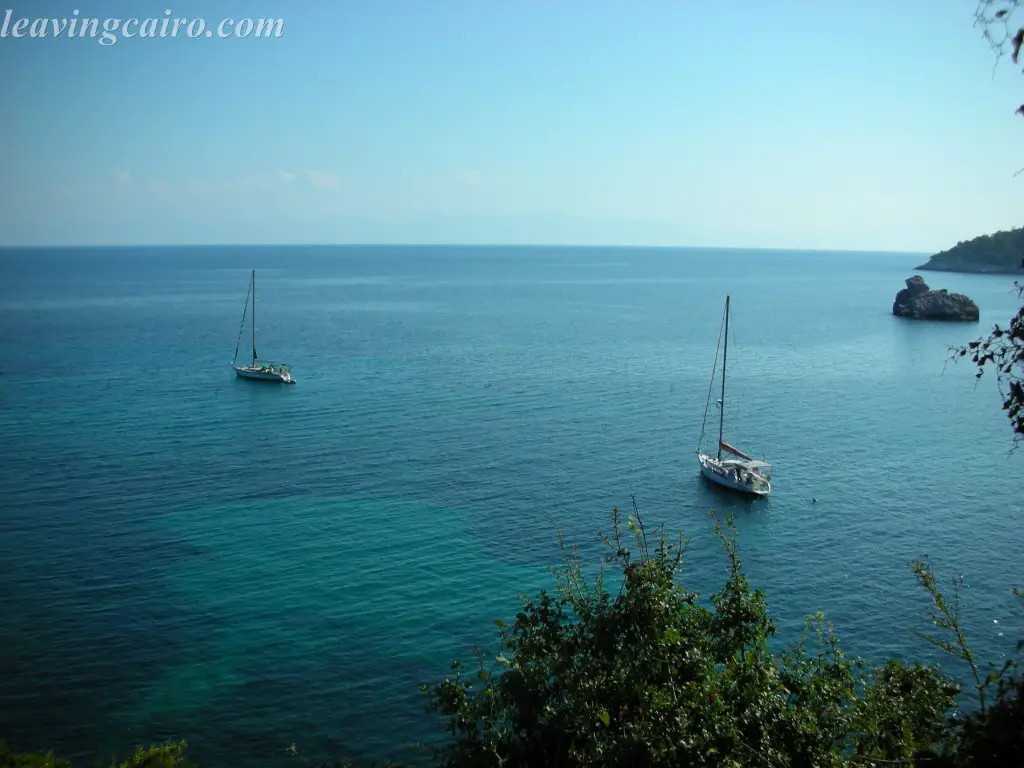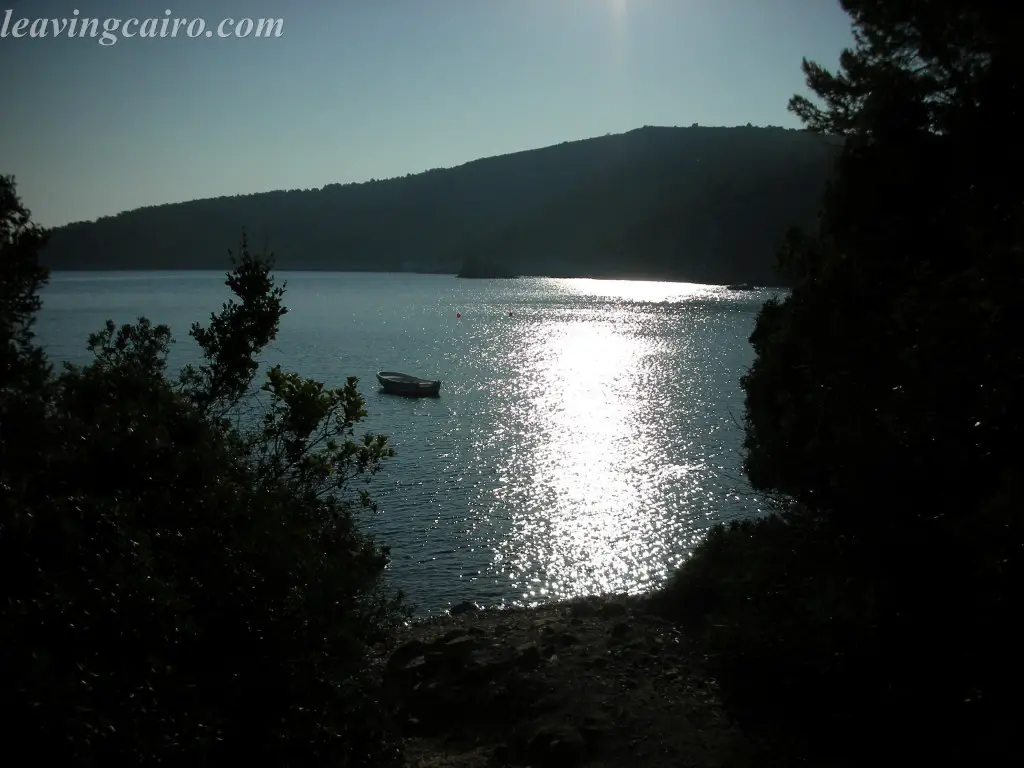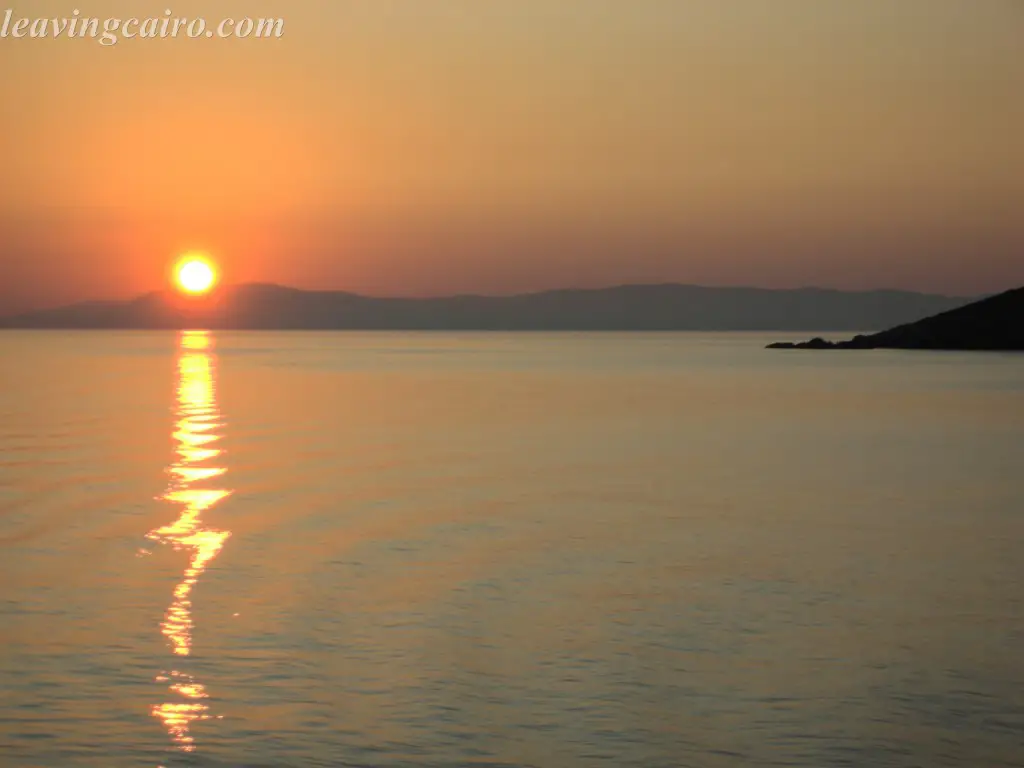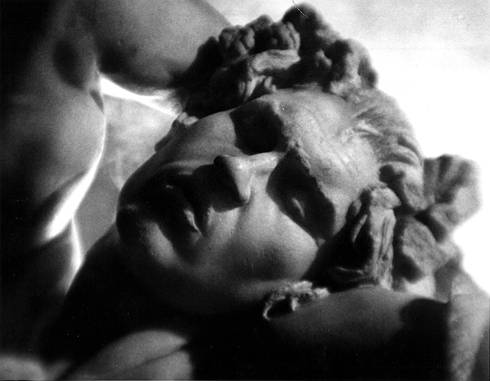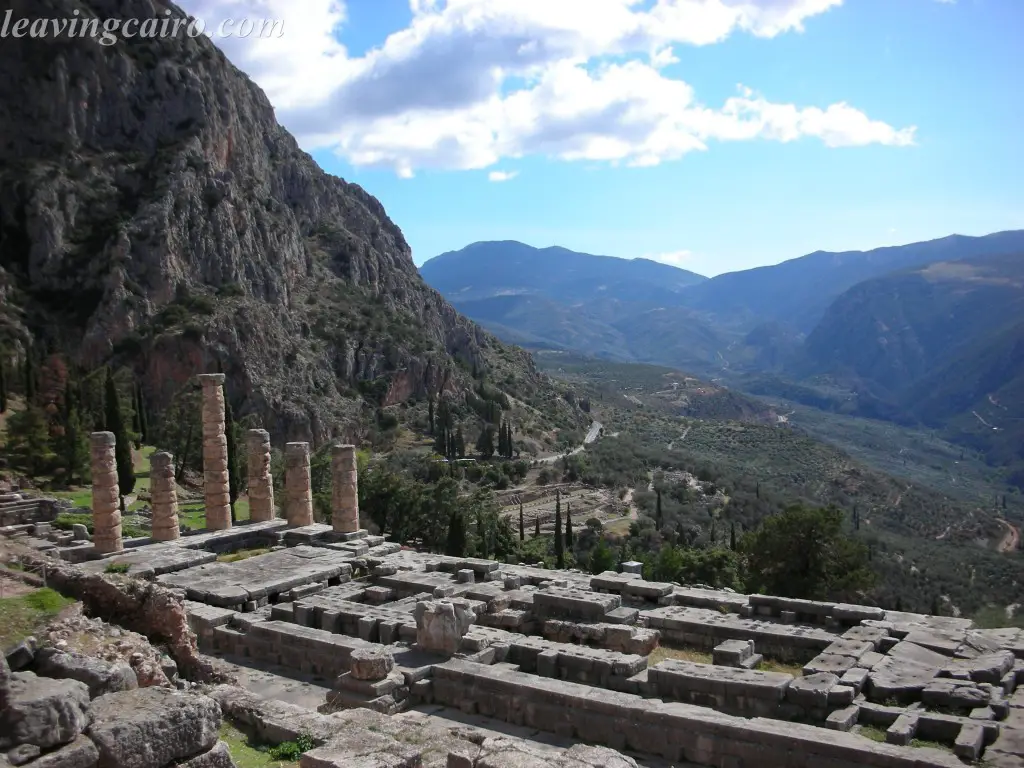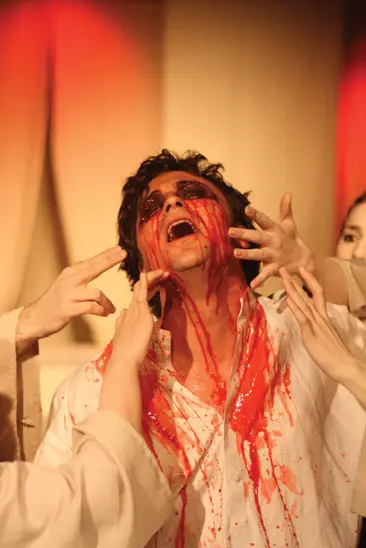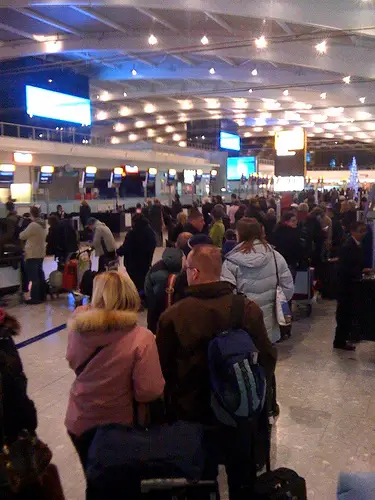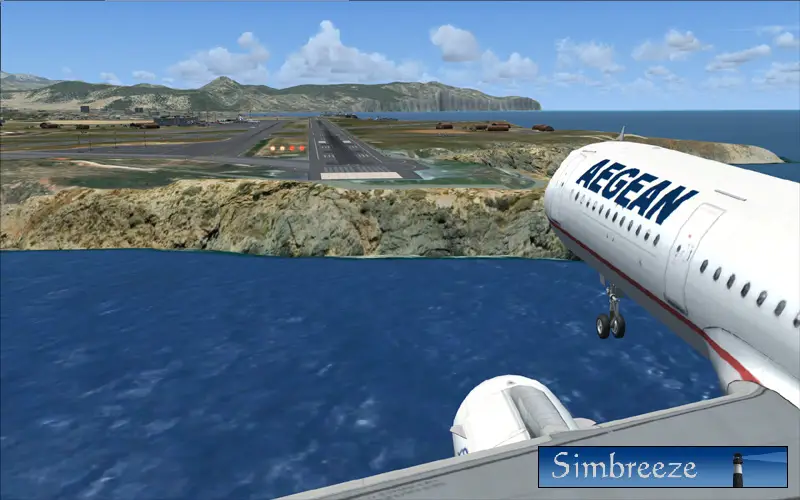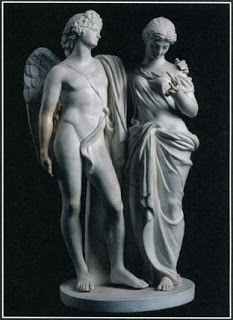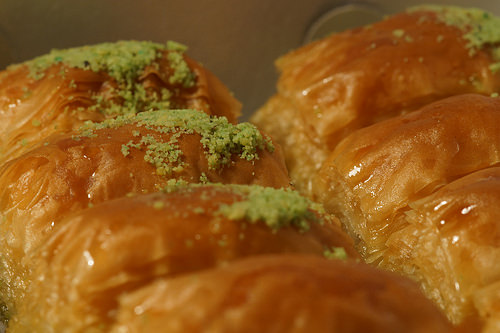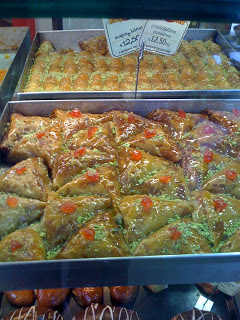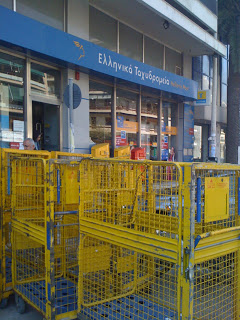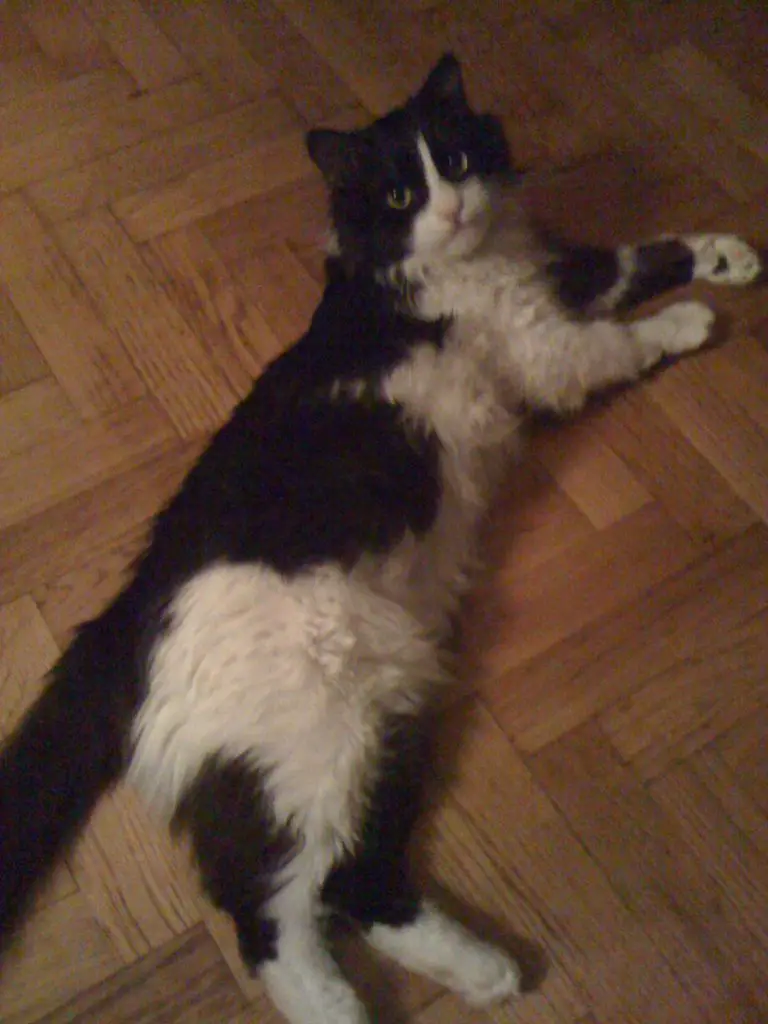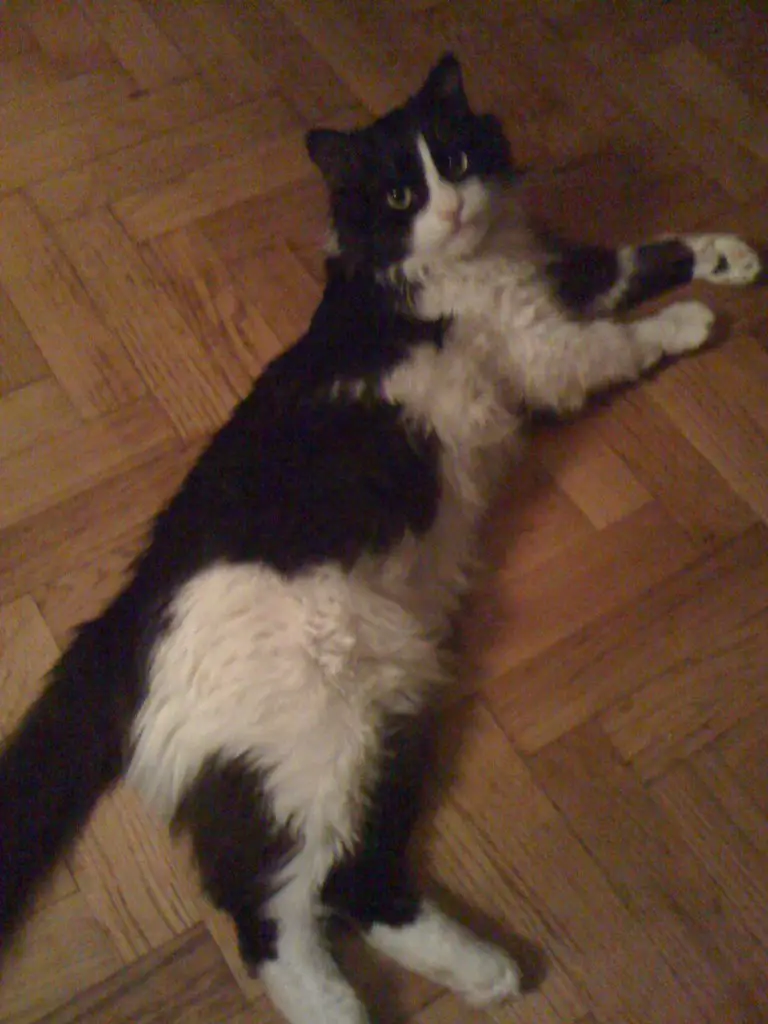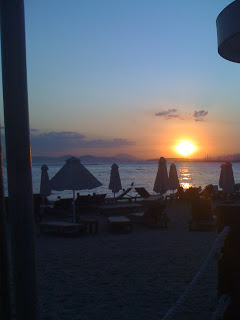I wrote this post before I went to Hong Kong on my container ship trip. Yes, I went across the Atlantic in 2005!
You’re going WHERE?
enquired well-meaning friends. It was not so much my destination(s) that fascinated them: Guadeloupe, Martinique, Colombia and Costa Rica – rather the fact I had chosen to get there by ship, no – not a cruise ship but a passenger on a Del Monte ‘banana boat’…a container ship if you will.
But why?
asked my father.
“The journey’s all part of the fun…besides, you should understand, being an ex man of the sea.”
Having been nurtured since birth on stories of the great high seas and countries afar, my wanderlust for all things original had certainly been, in part, from his gene pool.
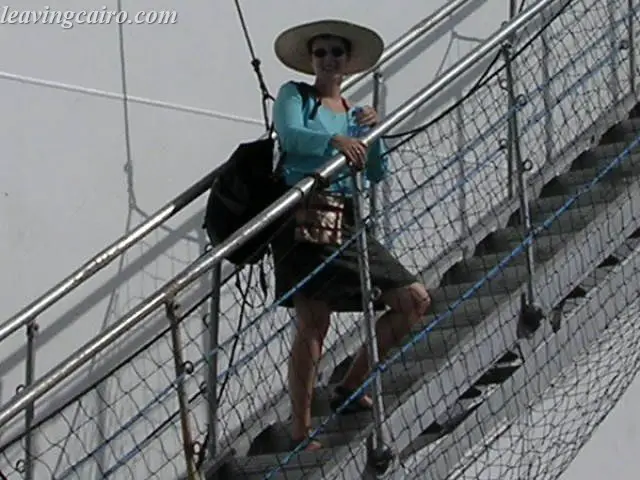
I boarded the Hornlinie German Del Monte ship in Le Havre. Registered in Liberia, she was an impressive sight – the bridge aft with the containers forward of that and as I was lead up the gangplank by Stewerd Slava, I felt a growing excitement well up inside: 5 weeks round trip – 11 days at sea until our first port of call: Guadeloupe.
My private cabin
rivaled that of any cruise ship – champagne and flowers greeting me. Unpacking I opened my cabin door at the knock and found a German couple standing there: Bernd and Christina from Breman. They helpfully advised that there were 5 other passengers, the rest would be crew. Bliss – only 8 of us!
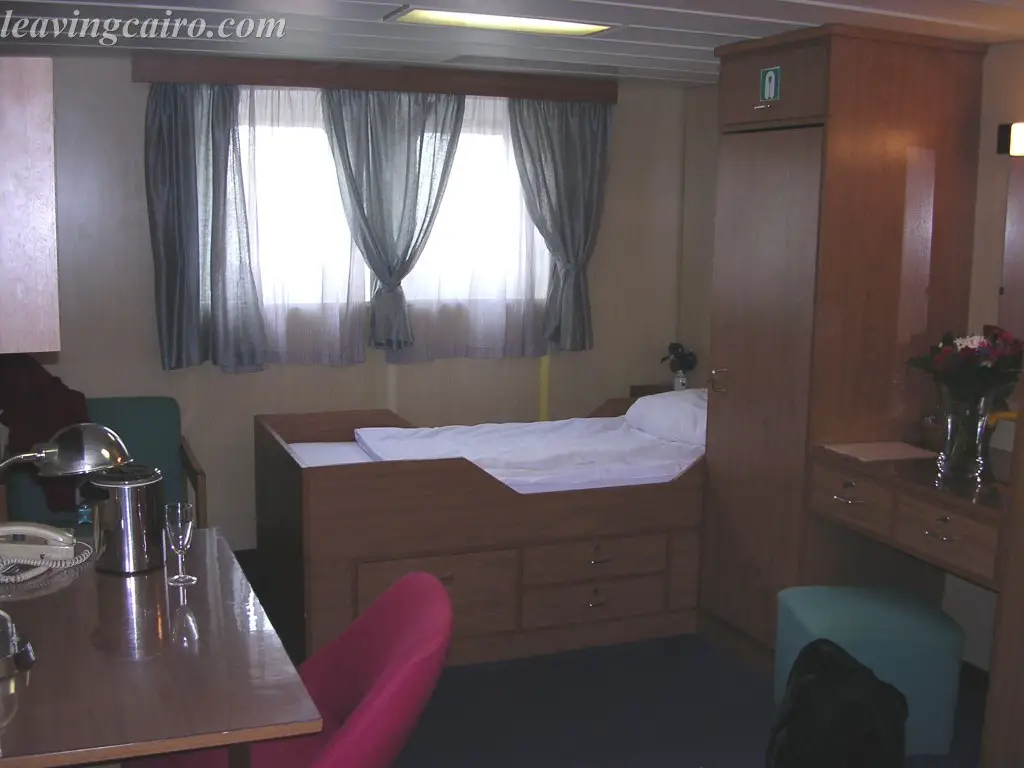
My days were spent writing, reading,
being shown around and educated about the hold: cargo included electronics’ and cars to the Caribbean, swimming in the small outdoor exercise pool and chatting to the Latvian Captain on the Bridge. I inadvertently found myself thrown into the unofficial role of EFL teacher to the crew – a new career opening, perhaps?
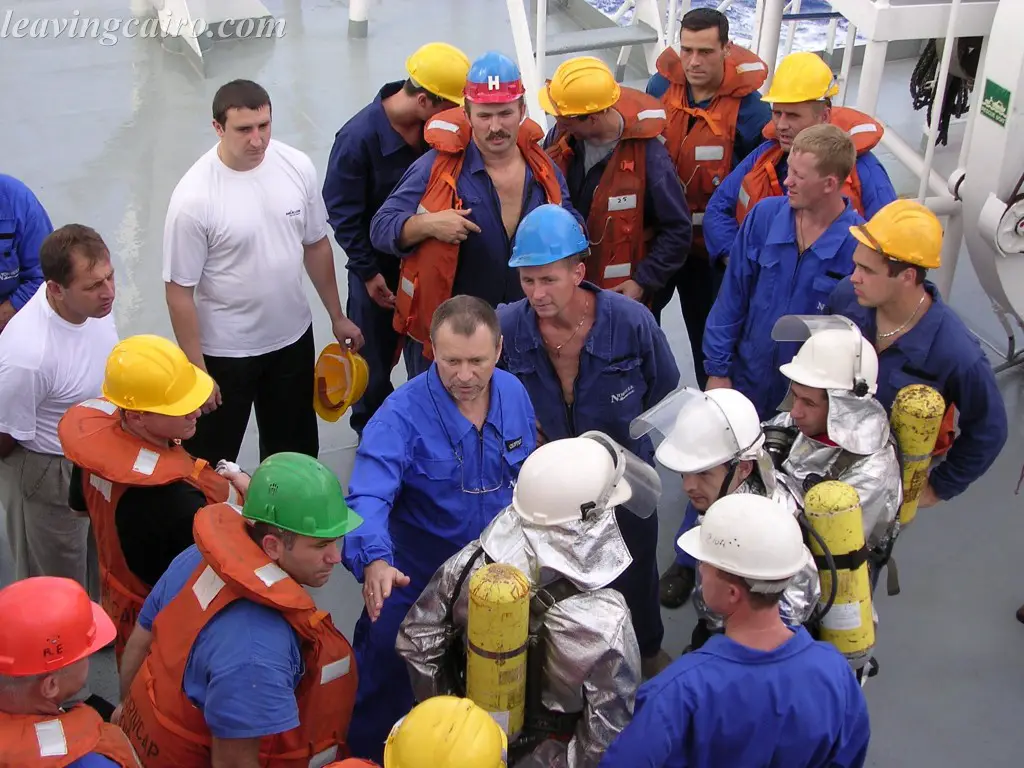
Eating with the senior crew three times a day:
salads for lunch, delicious meat and fish dishes for dinner and experiencing sunrise and sunset at sea is an experience beyond explanation. The captain explained in his 25 years of sailing, he had never missed a sunset – always hoping to catch a glimpse of refraction…that green light that bounces off the horizon when the sun hits – he’s only ever seen it twice, and no such luck for me either that trip – proving just how rare this phenomenon was.
24 hr stops at our destinations allowed just enough time to tour the main sights:
bustling local markets of the French Antilles, colonial architecture and the Walled city of Cartagena as well as armed guards with Alsatians tending our ship at Turbo, Colombia (pretty scary, but we were well looked after).
Colours of Cartagena – ColombiaFor me, the biggest impact of this trip was the sense of peace being at sea affords you:
how life is put into perspective out here. Seamen are quite spiritual people deep down, despite this crew’s Eastern European dour demeanor. These 5 weeks spent at sea with them – I am starting to see the appeal.
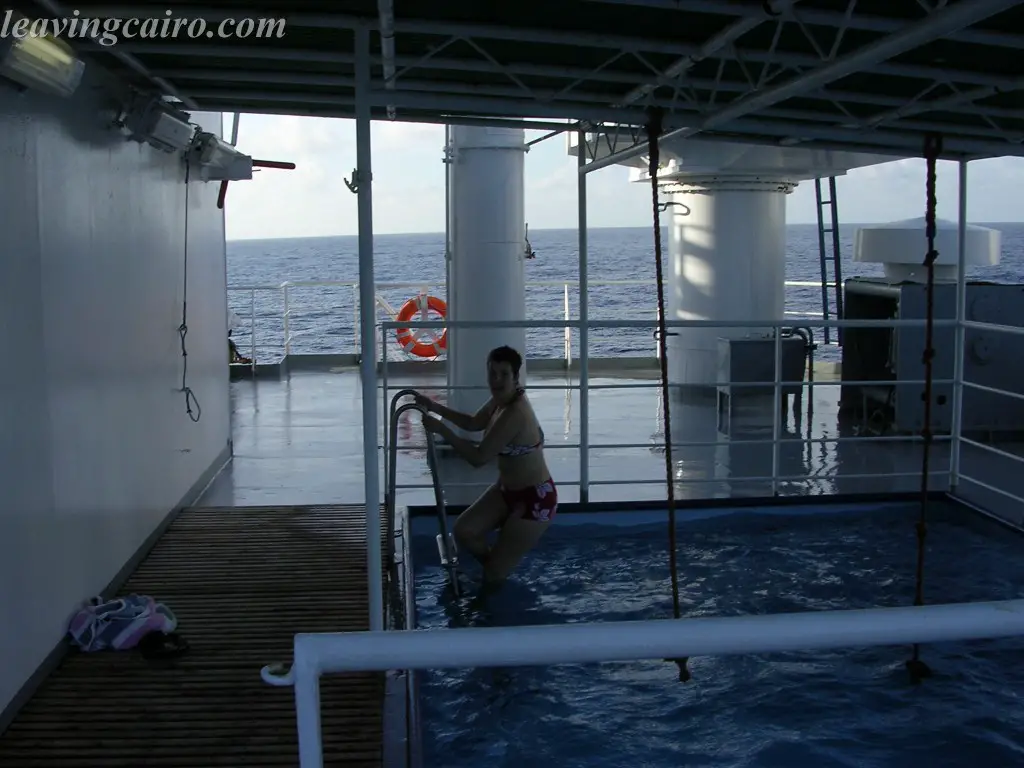
Thank you, Kevin Griffiths at the Cruise People for organising.
